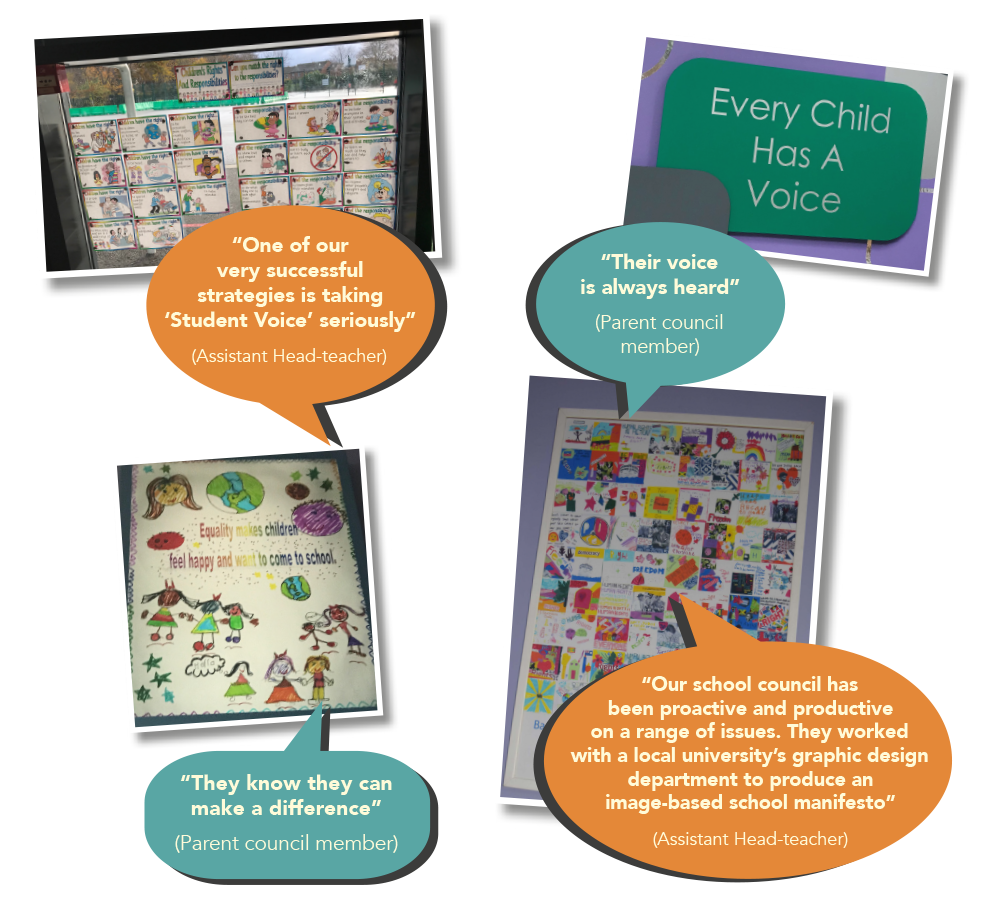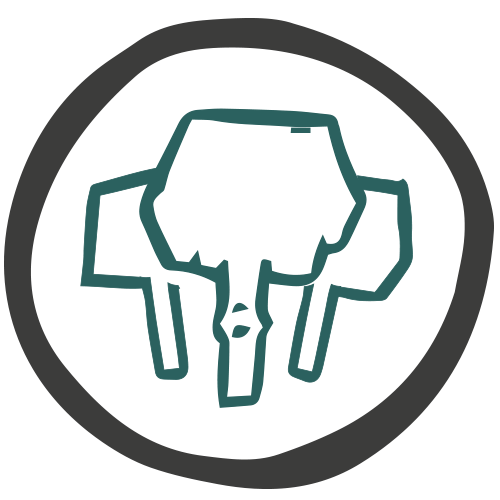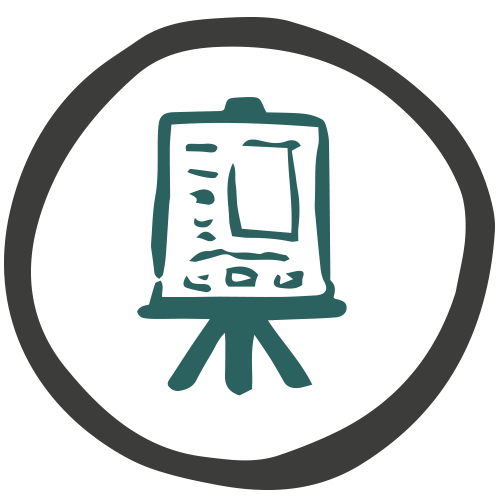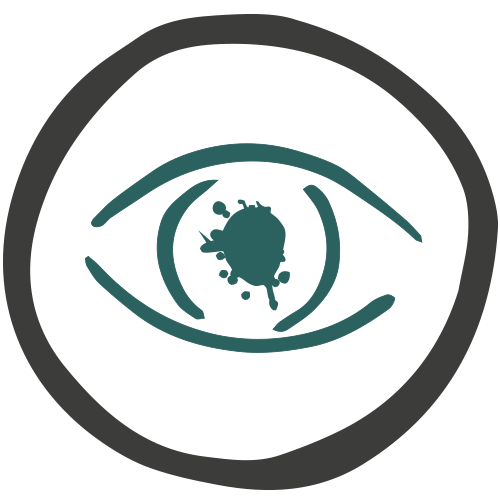We are a large Primary school on the outskirts of one of the bigger Northern cities in England. Approximately 700 pupils attend our school, 97% from black & minority-ethnic backgrounds and for many English is an additional language. Our whole school PSHE curriculum ‘Living and Growing’ is committed to learning together with our young people about the issues that they face in their lives. We encourage input from our young people as an integral and essential part of this process and we do so in a number of key ways.


“Our ‘Ask it basket’ can help us to explore those issues that young people may not want to bring forward in person. Questions are written on a piece of paper and placed in the basket. Those questions are collected up and then via lessons, form time, the school council or perhaps a school assembly they are addressed.” (School Nurse)
Activist Art
"Activist art is a term used to describe art that is grounded in the act of ‘doing’ and addresses political or social issues"
www.tate.org.uk
![]()

Guerrilla Girls use art activism and protest art to great effect - you can find out about them here.
“We also operate a no taboo policy in our school. And this means that whatever the topic, no exceptions, we provide our young people with the information they want, drawn from national guidance, best practice and current research.
We recognise that in a media saturated society we can be a source of reliable and safe information for our young people. To do this effectively we have to listen to the questions they ask us” (Assistant Head-teacher)

We maintain an ongoing dialogue with our young people. During form time young people can raise issues they feel they need information on with class teachers who feed forward to the school council.
With staff support in focus sessions the council members develop a resource, discussing ideas and gathering information before developing a lesson plan on the topic. The information is shared back to the form classes with peer training from school council members who deliver the session. This allows us to look at current topics from the media and our local communities and explore them with peer training in a way that feels comfortable and experience appropriate.
The minutes from the school council meetings are shared with the school governors and the parent’s council keeping everyone informed of the work we are doing.
The school council room is filled with examples of the protest art that has been produced. Councillors pick an issue that they want to highlight and work towards. These images on a broad range of topics reflect that the learning that happens in school is leading to a growing awareness of a range of social issues.
See some examples of very famous protest art here.











